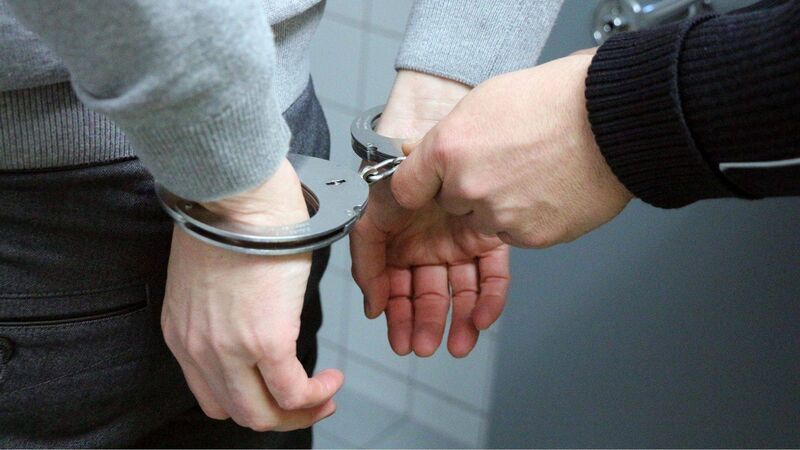Ban imposed on use of handcuffs and legcuffs on children in mental health services

Mechanical restraints refer to the use of devices or bodily garments which prevent or limit free movement of a person’s body.
The use of mechanical restraints, including hand and leg cuffs, on children has been banned by the Mental Health Commission (MHC).
Its new rules also require all public and private services to publish information about their efforts to reduce and, where possible, eliminate the use of restrictive practices.












